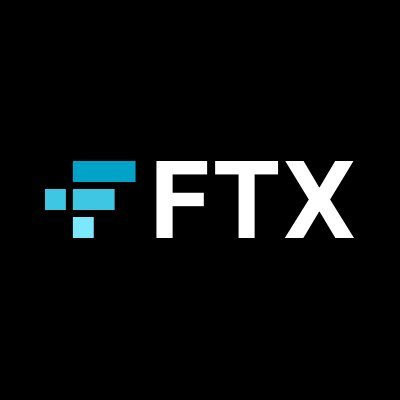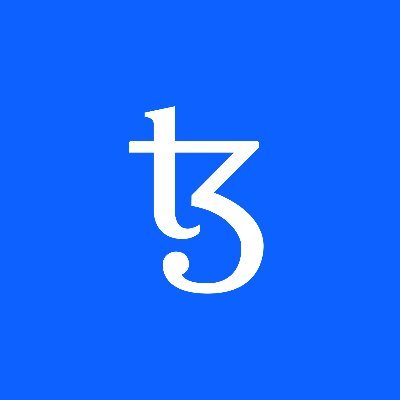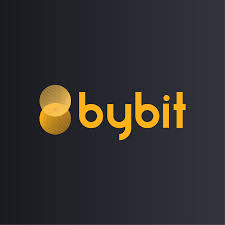F1 arrives as scheduled, with a 1/3 reduction in crypto sponsors. Who has disappeared?
Author: Loopy Lu, Odaily Planet Daily
This week, the biggest event in the crypto world is perhaps the TOKEN 2049 conference. As Token 2049 comes to a close, Singapore quickly shifts from being the crypto capital to a racing city.
The timing of the two major events almost seamlessly overlaps, and Singapore transitions from crypto moments to F1 moments.
Just as the natives of the crypto world finish their industry gathering and begin to enjoy the speed and passion of F1, we have a somewhat regrettable discovery—the number of teams with crypto elements has decreased.
During the last bull market, the crypto world invested heavily in sports sponsorship to accelerate the widespread adoption of crypto technology, with almost all crypto giants pouring money into the sports sponsorship field.
Giants like FTX deeply engaged in multiple areas of the sports industry. The home arena of the NBA's Miami Heat was even named the FTX Arena.
Compared to the peak period of crypto sponsorship, this year's Singapore F1 race still has crypto elements, but the presence of crypto on-site seems to have declined, and it has become difficult to see large crypto logos at the venue.

(Singapore Airlines, DHL, etc. are all traditional industry giants)
Although this F1 event lacks venue and race naming rights from the crypto industry, the crypto sector remains an important team sponsor in F1 sponsorship.
However, regrettably, due to the market environment, several crypto giants have already exited team sponsorship. Odaily Planet Daily is on-site at F1, counting the changes in crypto marketing among F1 teams.
Among F1 teams, as early as 2021, various companies were continuously dividing the power landscape. At one point, all 10 F1 teams had crypto sponsors.
According to Bloomberg data, last year, F1 teams had a total of 16 crypto sponsors. This year, that number has dropped to just 10.
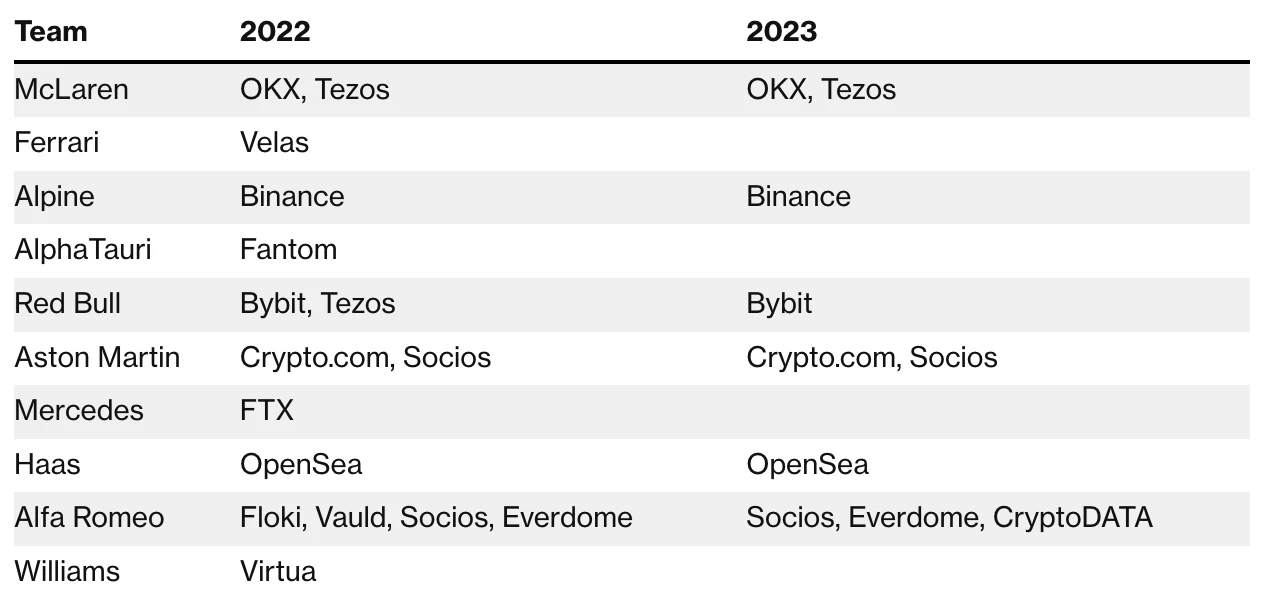
The sponsors that have disappeared include: Velas, Fantom, Tezos, FTX, Floki, Vauld, Virtua. The new brand that has joined is CryptoDATA.
From the perspective of sector division, exchanges are still the "old money" in the crypto world. Any sponsorship activity has the exchange as the biggest financial backer.
In 2022, four exchanges—OKX, Bybit, Binance, and Crypto.com—participated in F1 team sponsorships, and these sponsorship activities have continued into this year.
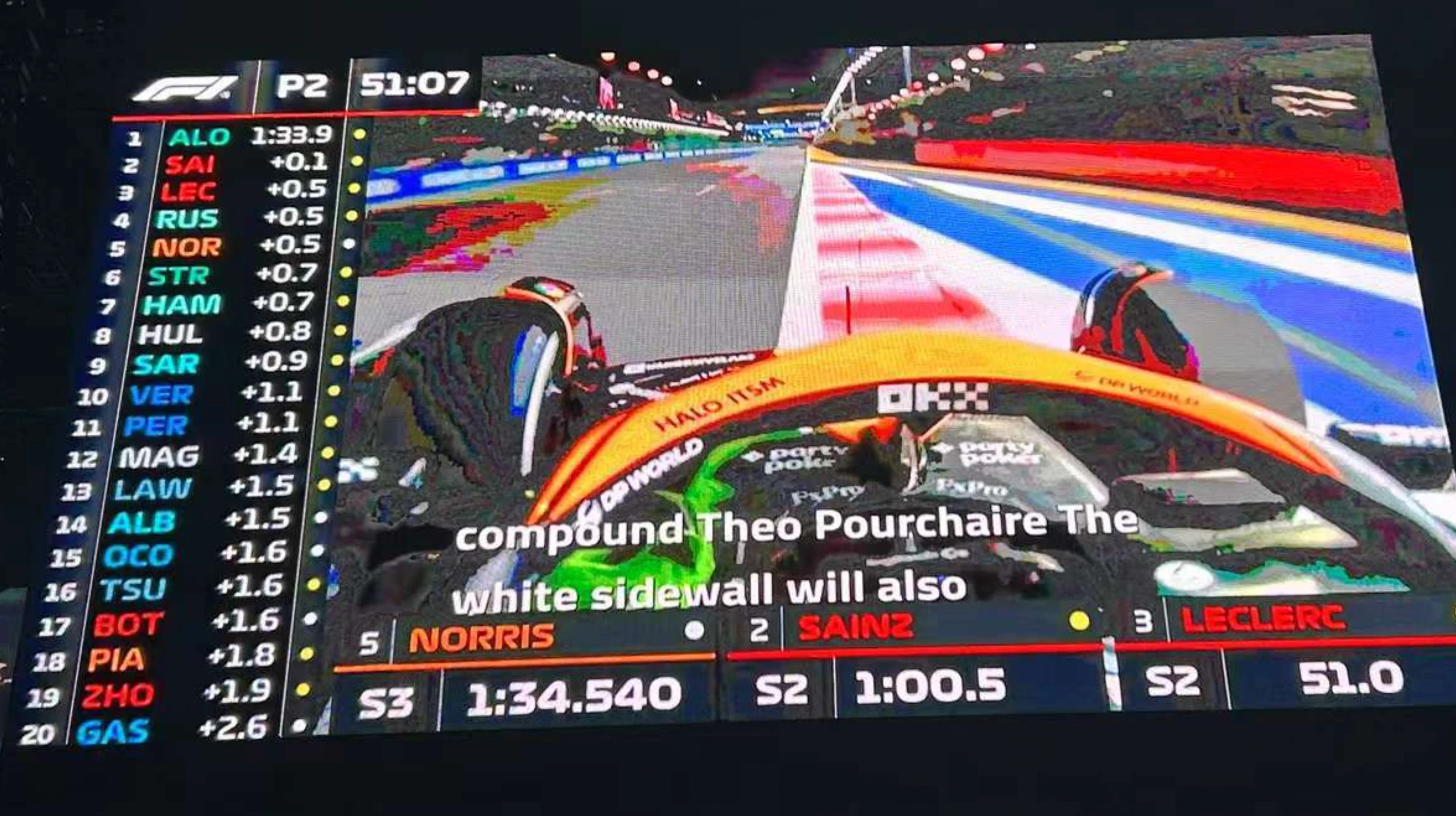
(F1 cars with crypto logos racing through Singapore at night)
Public chains are another major sponsor, including Tezos, Velas, and Fantom. After the baptism of the crypto bear market, currently, only Tezos remains on the sponsor list.
Interestingly, the sponsor list even includes Floki, a meme coin. Of course, with the arrival of the bear market, this sponsor has also vanished from the list.
It is impressive to see the deepening connection between the crypto world and the traditional world. To gain stronger traffic entry and sufficient Web2 exposure, the cryptocurrency industry is trying to become a top participant in any traditional racing track.
What limits the expansion of the crypto world in the sports field is not only the arrival of the bear market but also the unpredictable regulatory environment.
In 2022, France established regulations regarding sponsorship activities for F1 events. During the F1 Monaco Grand Prix, French regulators forced many F1 teams to remove or cover their crypto sponsor logos.
French regulators believe that cryptocurrency advertising is full of risks for investors, so during the event in France, the sponsorship fees of crypto giants were effectively wasted.
With the conclusion of TOKEN 2049, the F1 Grand Prix has become the focus of Singapore. How much attention can the adoption of Web3 and crypto technology gain from the lavish sports sponsorship?






















